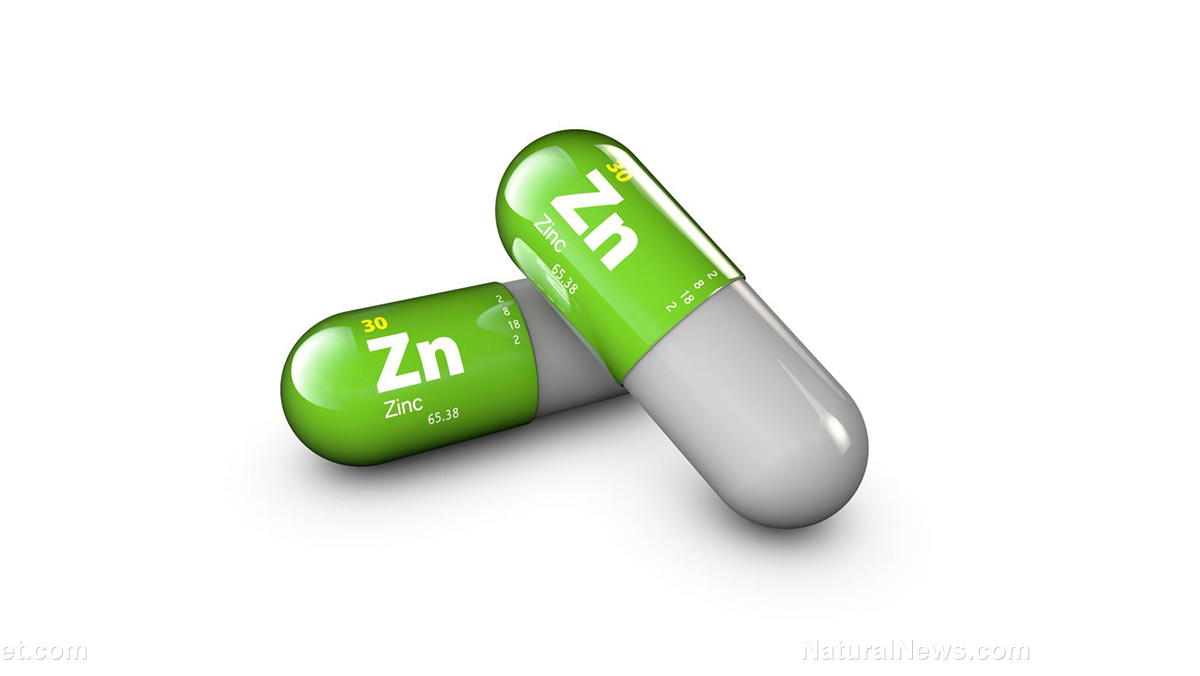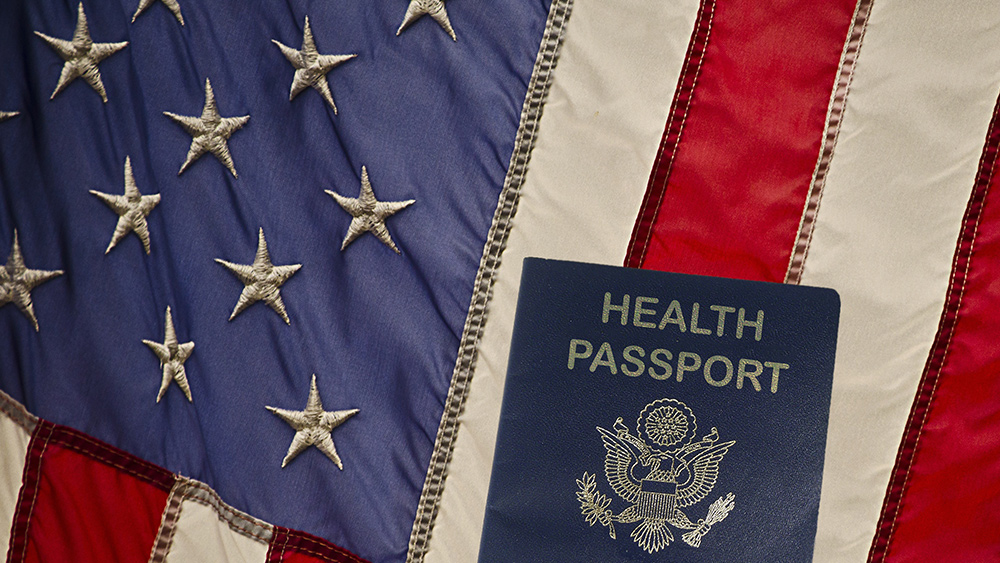Can zinc help fight COVID-19?
03/26/2020 / By Cassie B.

We’ve long known that zinc can be effective when it comes to shortening the duration of the common cold, and we also know that many common colds are caused by coronaviruses. That has left many people wondering if zinc can help alleviate the impact of the novel coronavirus that is wreaking havoc across the planet, COVID-19.
Zinc is an essential mineral for human health, but we generally don’t need large quantities of it; around 15 milligrams a day is considered reasonable. Responsible for our immune system, wound healing, eyesight, and brain development, it has also been shown to possess antiviral activity.
In one study, people who took zinc while experiencing cold symptoms experienced a far shorter average cold duration than a control group at 4.5 days versus eight days. The participants took roughly 80 milligrams per day, which may be above the daily requirement but is unlikely to cause problems if taken in the short term.
Researchers don’t know exactly why it has this effect, but they think it may prevent the virus from getting into cells by binding with a protein that normally helps it get inside; it could also be that it lowers the level of inflammatory substances found in the blood known as cytokines.
Zinc may help with other coronaviruses, but how useful is it for COVID-19?
One critical care specialist and pulmonologist recently took a closer look at a study carried out into how intracellular zinc can inhibit the SARS-CoV-2 version of coronavirus and how it might also be helpful in fighting the current COVID-19.
The study showed that zinc works by inhibiting coronavirus RNA polymerase activity. It essentially blocks the synthesis of RNA so that the virus is unable to keep replicating.
Because there are a lot of similarities between the two types of coronavirus, it’s reasonable to expect that zinc could affect the current iteration in a similar way. However, this finding pertains to intracellular zinc, or the zinc inside your cells, so zinc lozenges may not be helpful based on that finding.
While it’s not known if taking zinc orally can raise your intracellular zinc levels the way liposomal products can, it wouldn’t hurt to increase your zinc intake by consuming foods that are good sources of the mineral.
Topping the list of good zinc sources is oysters, which stand head and shoulders above other foods when it comes to zinc content. Other good sources of zinc include crab, beef, and lobster.
Is zinc a “silver bullet” against coronavirus?
There was a bit of controversy when online posts attributed to pathologist and coronavirus researcher Dr. James Robb claimed zinc lozenges were a “silver bullet against the coronavirus.” While he has said that his words were misrepresented, he maintained that, given its effects on inhibiting the replication of viruses such as coronaviruses, it may be helpful in the current pandemic.
However, he emphasized that there is no experimental support for such a claim. Nevertheless, he recommends that people suck on zinc lozenges as few times a day should they experience cold-like symptoms, preferably while lying down.
Although we can’t say with 100 percent certainty that zinc can indeed help with coronavirus, taking it is unlikely to hurt and may even help with other health issues. In fact, a deficiency of the mineral can cause problems like hair loss, compromised immunity, high cholesterol, chronic fatigue and osteoporosis.
Researchers and doctors the world over are working hard to uncover ways to address COVID-19. Natural treatments like zinc might not be a panacea, but ensuring you get enough of it is still a great way to enhance your health.
Sources for this article include:
Submit a correction >>
Tagged Under:
coronavirus, covid-19, immune function, infections, minerals, natural remedies, Natural Treatments, outbreak, prevention, remedies, zinc, zinc lozenges
This article may contain statements that reflect the opinion of the author
RECENT NEWS & ARTICLES
COPYRIGHT © 2017 ALTERNATIVE MEDICINE NEWS





















